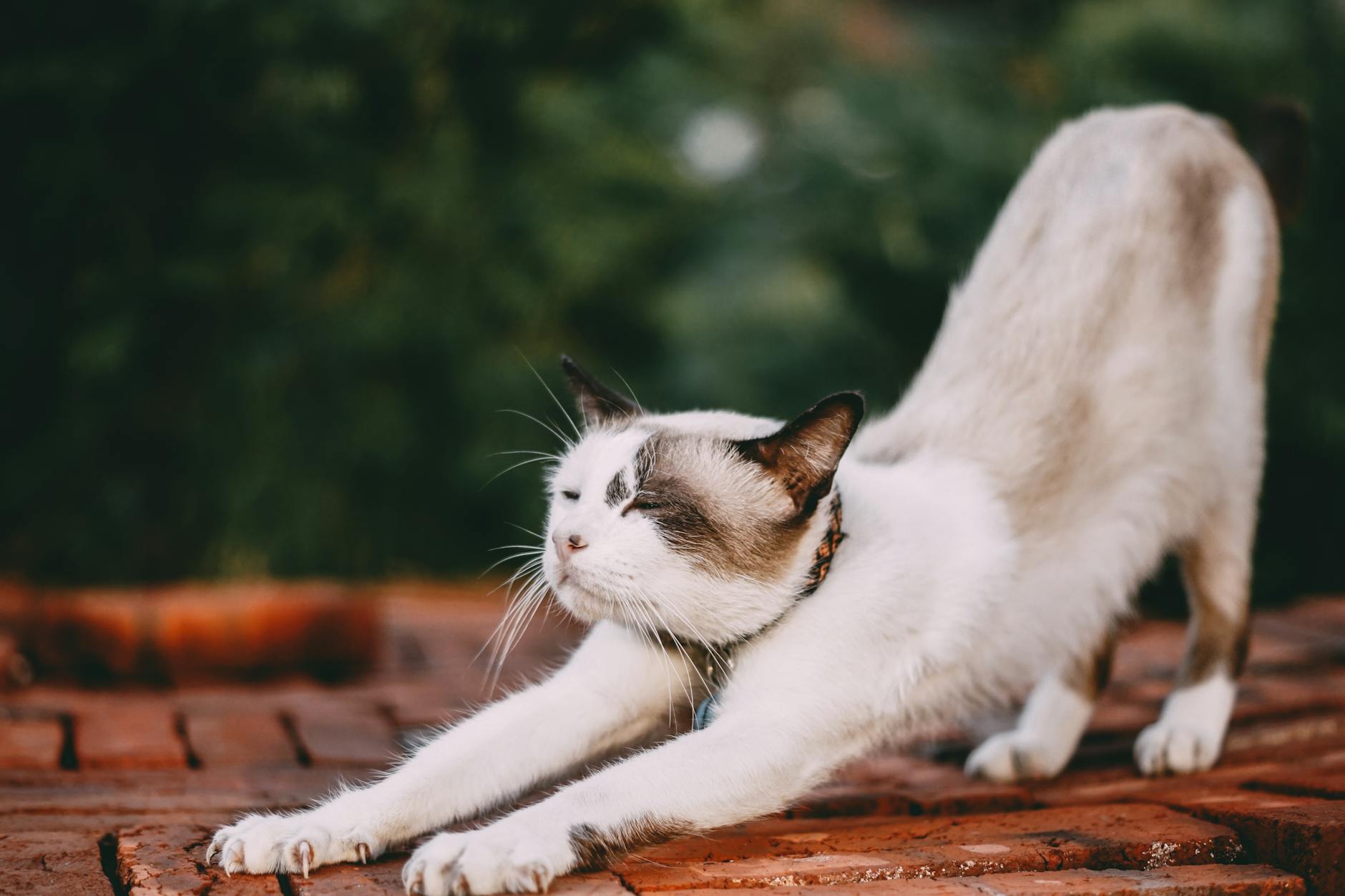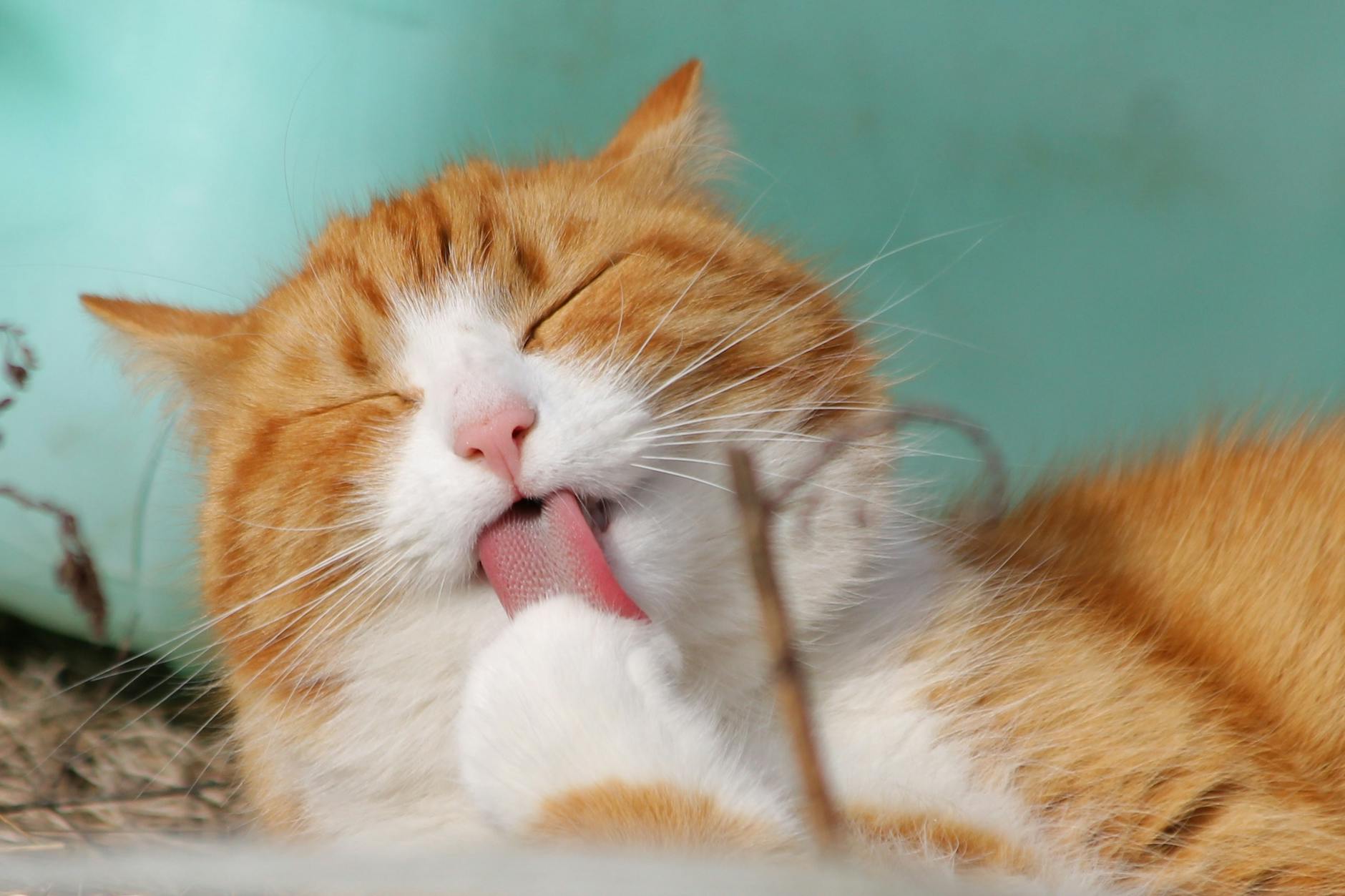Panacur for cats serves as a highly effective treatment for various types of worm infestations that can affect your feline friend. This broad-spectrum dewormer works by targeting specific parasites, ensuring your cat regains optimal health. Understanding how Panacur functions and the types of worms it addresses is crucial for cat owners. Additionally, knowing the correct dosage and potential side effects can help you administer this medication safely. Regular check-ups and preventive measures can further protect your pet from future infestations, making Panacur an essential tool in feline healthcare.
What is Panacur and How Does it Work?
Panacur for cats is a broad-spectrum dewormer that effectively treats various types of intestinal parasites. Its active ingredient, fenbendazole, disrupts the metabolic processes of worms, leading to their death and subsequent expulsion from the cat’s system.
How Panacur Works:
- Inhibition of Energy Production: Panacur interferes with the worms’ ability to generate energy, effectively paralyzing them.
- Disruption of Glucose Uptake: By blocking glucose absorption, it deprives the parasites of essential nutrients, causing them to starve.
Key Features of Panacur for Cats:
- Target Parasites: Effective against roundworms, hookworms, and tapeworms.
- Administering Method: Available in various forms such as granules and oral suspension, making it easy to give to your feline friend.
In summary, Panacur for cats provides a reliable solution for treating worm infestations, allowing your pet to regain health and vitality. Regular consultations with a veterinarian ensure that the treatment remains effective and tailored to your cat’s specific needs.

Types of Worms Treated with Panacur
When it comes to keeping your cat healthy, understanding the types of worms treated with Panacur for cats is essential. Panacur, which contains the active ingredient fenbendazole, effectively targets several intestinal parasites, including:
- Roundworms: Common in kittens and adult cats, these can lead to malnutrition and lethargy.
- Hookworms: These parasites latch onto the intestinal walls, stealing nutrients and causing anemia.
- Whipworms: Though less common, whipworms can also affect cats, resulting in gastrointestinal distress.
- Tapeworms: Often seen after your cat ingests fleas, tapeworms can lead to weight loss and discomfort.
| Type of Worm | Description | Symptoms |
|---|---|---|
| Roundworms | Long, spaghetti-like worms | Vomiting, diarrhea, weight loss |
| Hookworms | Small, thin, and blood-sucking | Anemia, lethargy |
| Whipworms | Short, whip-shaped worms | Diarrhea, weight loss |
| Tapeworms | Flat, segmented worms | Visible segments, weight loss |
Using Panacur for cats provides a broad-spectrum solution against these prevalent worms, ensuring your feline friend remains healthy and happy. Regular veterinary check-ups help identify any issues early on and determine the best treatment approach.
Dosage Guidelines for Cats
When considering Panacur for cats, dosage accuracy is crucial for effective treatment. Generally, the recommended dosage depends on the type and severity of the infection. Follow these guidelines to ensure your cat receives the proper amount:
Standard Dosage:
- Adult Cats: 50 mg per 5 lbs of body weight, given once daily.
- Kittens and Cats under 5 lbs: Consult a veterinarian for tailored dosage.
Treatment Duration:
- Typical treatment lasts 3 days, with adjustments made based on veterinarian recommendations.
Administration Tips:
- Administer Panacur with food to enhance absorption.
- Use a syringe for easier administration if necessary.
Comparison Table of Dosage Guidelines:
| Cat Weight | Dosage of Panacur |
|---|---|
| 5 lbs | 50 mg |
| 10 lbs | 100 mg |
| 15 lbs | 150 mg |
| 20 lbs | 200 mg |
Always consult your veterinarian before starting Panacur for cats, as individual health factors may influence the ideal dose. Proper adherence to dosage prevents under-treatment or possible toxicity.
Common Side Effects of Panacur for Cats
While Panacur for cats effectively treats various types of worms, it’s essential to be aware of potential side effects. Most cats tolerate the medication well, but some may experience:
- Gastrointestinal upset: Symptoms include diarrhea, vomiting, and reduced appetite.
- Slight lethargy: Your cat may feel more tired than usual.
- Allergic reactions: Rarely, some cats might show signs like itching or swelling.
Important Considerations:
- Monitor your cat: After administering Panacur for cats, keep an eye on your feline friend for any adverse reactions.
- Consult a vet: If side effects persist longer than a day or worsen, contact your veterinarian for guidance.
In general, the benefits of using Panacur far outweigh the potential side effects; however, being vigilant ensures your cat stays healthy and happy during treatment. Always adhere to the recommended dosage guidelines and consult your vet if you have any concerns.

How to Administer Panacur to Your Cat
Administering Panacur for cats can be straightforward when you follow some essential steps. Here’s a simple guide to ensure your feline friend gets the correct dosage:
Read the Instructions: Always refer to the product label for specific instructions regarding dosage and administration methods.
Choose the Form: Panacur comes in different forms, including:
- Granules: Can be mixed with food for easy consumption.
- Liquid: Administer through a syringe for direct delivery.
- Tablets: Can be given as a treat or hidden in food.
Proper Dosage: Consult your veterinarian to determine the appropriate dosage. Typical recommendations include:
- For mild infestations: 50 mg/kg once daily for three days.
- For severe cases: Extended treatment may be necessary.
Monitor Your Cat’s Reaction: Watch for any immediate side effects, such as vomiting or lethargy, and report them to your vet.
Provide Plenty of Water: Ensure your cat stays hydrated during treatment, as this helps flush out the worms.
By following these steps, you can effectively and safely administer Panacur for cats and support your cat’s health and well-being.
Alternatives to Panacur for Worm Treatment
While Panacur for cats is a popular choice for treating various types of worms, there are alternative treatments available. It’s crucial to explore these options to ensure the best care for your feline friend. Here’s a concise overview of effective alternatives:
Praziquantel
- Effective against tapeworms
- Administered as a tablet or injectable
Milbemycin Oxime
- Treats heartworms, hookworms, and roundworms
- Available in flavored tablets
Fenbendazole
- Similar to Panacur, effective against several worm types
- Often administered for longer durations
Emodepside
- A newer option effective against hookworms and roundworms
- Usually given as a topical treatment
When considering alternatives to Panacur for cats, consult your veterinarian for personalized recommendations. Each treatment varies in effectiveness and side effects, so professional guidance is essential for safe and effective care. Regular check-ups can also help determine the best preventive measure for your cat’s overall health.
Importance of Regular Worm Check-ups
Keeping your cat healthy involves more than just regular feeding and playtime; routine worm check-ups play a vital role in their overall well-being. Here are key reasons why you should prioritize these check-ups:
Early Detection: Regular veterinary visits help detect worm infestations early, allowing for timely treatment such as Panacur for cats. Early intervention can prevent further health complications.
Preventing Transmission: Worms can be highly contagious, potentially affecting other pets and even humans. Routine checks safeguard your cat and your family from potential infections.
Monitoring Health: Consistent check-ups enable your vet to monitor your cat’s general health and detect any changes that may require immediate attention.
Customized Treatment Plans: Every cat is different. Regular assessments allow for tailored treatment plans that may include Panacur for cats or alternative medications based on your cat’s specific needs.
Incorporating regular worm check-ups into your cat’s health routine not only helps in preventing infestations but also ensures a happier, healthier life for your furry friend.

Preventive Measures Against Worm Infestations
Preventing worm infestations in cats is crucial for their overall health. Here are some effective strategies to keep your feline friend safe:
Regular Veterinary Check-ups: Schedule annual vet visits to monitor your cat’s health and get professional advice on deworming.
Maintain a Clean Environment:
- Regularly clean litter boxes.
- Dispose of feces promptly to prevent the spread of parasites.
Limit Outdoor Access: If possible, keep your cat indoors to reduce exposure to contaminated soil, rodents, and other potential carriers of worms.
Feed High-Quality Food: Provide a balanced diet to boost your cat’s immune system, helping them resist infections.
Use Panacur for Cats as a Preventive: Discuss with your vet whether incorporating Panacur for cats into your cat’s routine is advisable.
Control Fleas and Worms Together: Treat your cat for fleas, as they can transmit certain types of worms, reinforcing the importance of combined preventive measures.
By implementing these steps, you can significantly reduce the risk of worm infestations and keep your cat healthy and happy.
Frequently Asked Questions
What is Panacur and how does it work for treating worms in cats?
Panacur, also known by its generic name fenbendazole, is a broad-spectrum antiparasitic medication commonly used to treat a variety of worm infections in cats, including roundworms, hookworms, and certain types of tapeworms. It functions by disrupting the metabolism of the parasites, effectively immobilizing and killing them. When administered orally, it is absorbed and distributed throughout the cat’s body, targeting intestinal parasites, thereby helping to eliminate the worm infestation and alleviate symptoms associated with the infection.
What are the common symptoms of worm infestation in cats?
Cats infected with worms may exhibit a range of symptoms that can vary depending on the type of worm present. Common signs include vomiting, diarrhea (sometimes with blood), weight loss, increased appetite despite weight loss, lethargy, and a distended abdomen. Some cats may also have a rough or unkempt coat. It’s important for cat owners to observe their pets closely for these symptoms and consult a veterinarian for appropriate diagnosis and treatment, as untreated worm infestations can lead to serious health issues.
How is Panacur administered to cats, and what precautions should be taken?
Panacur is typically administered in a granule or paste form, which can be easily mixed with the cat’s food. The dosage depends on the cat’s weight and the type of worms being treated, so it’s essential to follow a veterinarian’s instructions closely. Precautions include ensuring that the cat is not allergic to fenbendazole and monitoring for any adverse reactions during treatment. Additionally, keep in mind that pregnant or nursing cats may require special consideration, so consulting a vet is crucial before starting treatment.
Can Panacur be used as a preventative measure against worms in cats?
While Panacur is primarily used as a treatment for existing worm infestations, some veterinarians may recommend it as part of a deworming protocol to prevent future infections, especially in cats that are at high risk due to outdoor access or exposure to other animals. However, it should be used judiciously, and any preventative deworming schedule should be discussed with a veterinarian. Regular fecal examinations and maintaining good hygiene practices can also help in preventing worm infestations.



